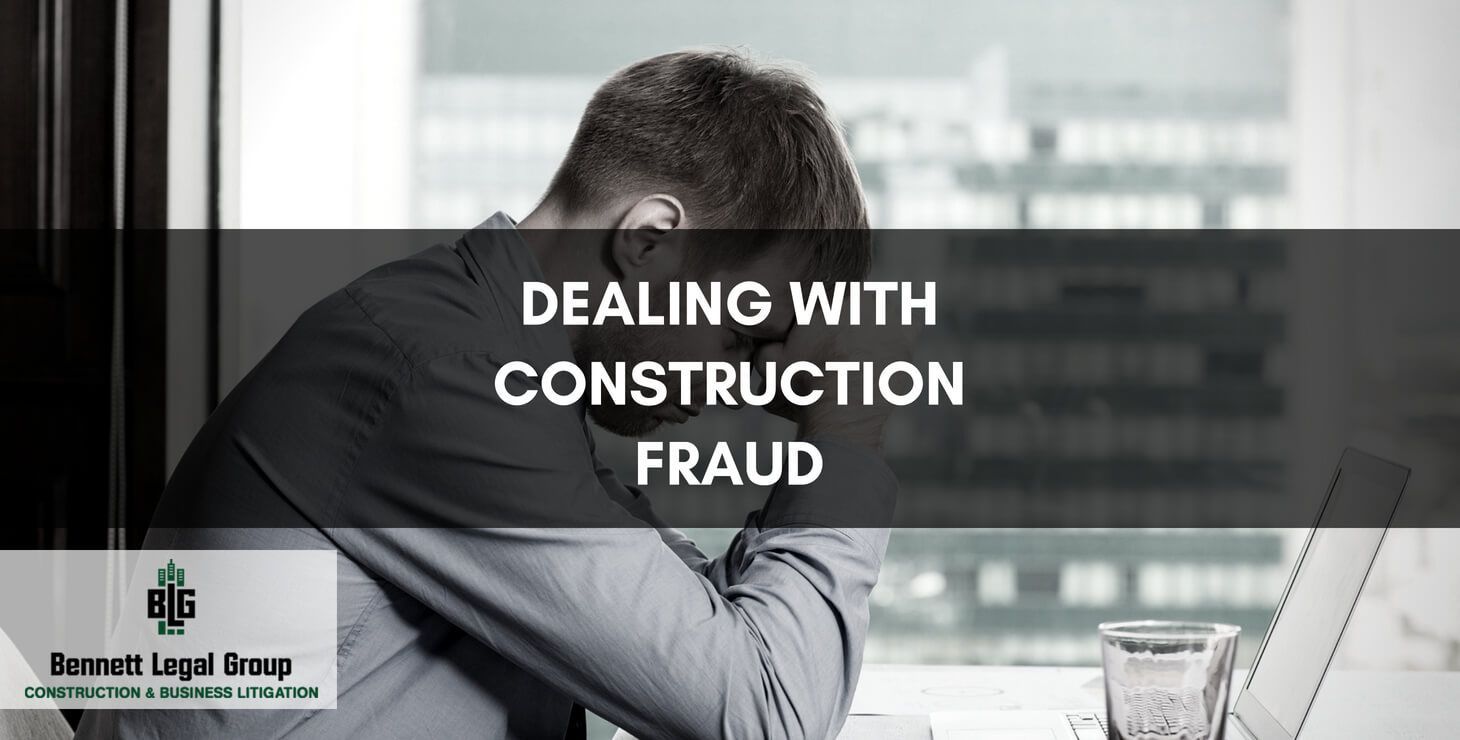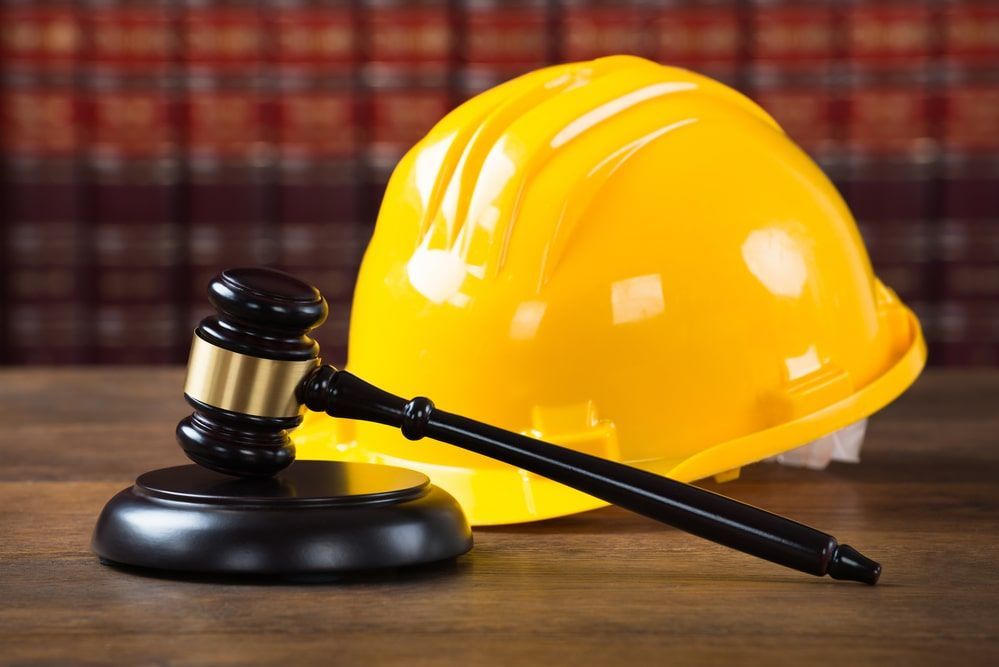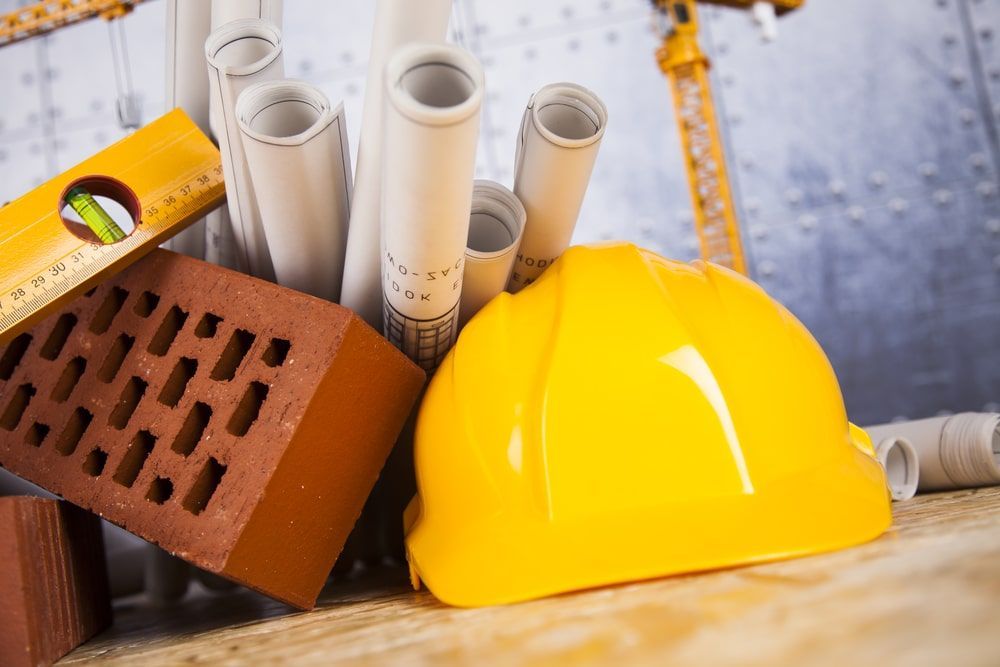Dealing with Construction Fraud in Florida

Construction fraud is far more common than you think and goes largely undetected. In fact, Kroll’s Annual Global Fraud and Risk Report states that 70% of construction companies were a victim of fraud in 2016. In the construction business, fraud can arise in any number of scenarios such as in an owner/contractor relationship, a contractor/subcontractor relationship, and among employees.
Perhaps one of the reasons fraud is not addressed more often is due to the nature of the construction business. Usually, these incidents are only discovered when a problem arises in a project, or there is a dispute regarding payment. Otherwise, it appears that it is business as usual.
In addition to going undetected, it can also go unpunished. The truth is, fraud is difficult to prove. While sometimes the presence of fraud is clear, other times the defendant can claim that they didn’t know what they were doing was wrong.
To prove fraud, one must establish the following factors:
- There is a false statement of material fact;
- The defendant knew the statement was false;
- The plaintiff relies on the statement; and
- The plaintiff experiences damages as a result.
Addressing Fraud Within a Company in Florida
Sometimes, fraud is perpetrated by employees within the company. This can manifest in countless ways. Common examples would include where a party creates a false vendor and then pays themselves in small, undetectable amounts. Or an employee can work with a vendor, where they agree to overbill the client, and the two split the money.
However, it shows up, it is important to have several controls in place to prevent these types of scenarios:
- Keep a vigilant eye on the project costs throughout the project;
- Have a third-party review and reconcile bank statements and paying the bills. It is also a good idea to require two signatures on a check over a certain dollar amount; and
- For each project, stay meticulously organized and develop a system of cross-checking.
Addressing Financial Fraud in Construction
Examples of financial fraud are commonly seen where an owner is billed for work that hasn’t yet been performed, or where a company overbills in advance to start a job where money is tight. Sometimes Contractors use money received from one project to pay costs on another unrelated project the so-called “robbing Peter to pay Paul” scenario.
Contractors may decide to substitute inferior, cheaper materials and not pass on the savings to the client. It is also seen in relation to Waivers of Lien, where subcontractors and suppliers say they have been paid when they haven’t.
A little extra care can help avoid these scenarios from taking place. Some suggestions include:
- Oversee and strictly adhere to the terms of the contract;
- Fully understand the scope of the contact and periodically track its progress; and
- Have a clear understanding of audit rights.
Contact a Construction Fraud Law Firm in Florida
It is far better to be mindful of the presence of fraud before it occurs. If you have any questions or concerns about a project or the terms of an agreement, it is recommended that you have the documents reviewed by our office at Bennett Legal Group. Call us today at (407) 734-4559 or contact us online.
The post Dealing with Construction Fraud in Florida appeared first on Bennett Legal Group, P.A..

















